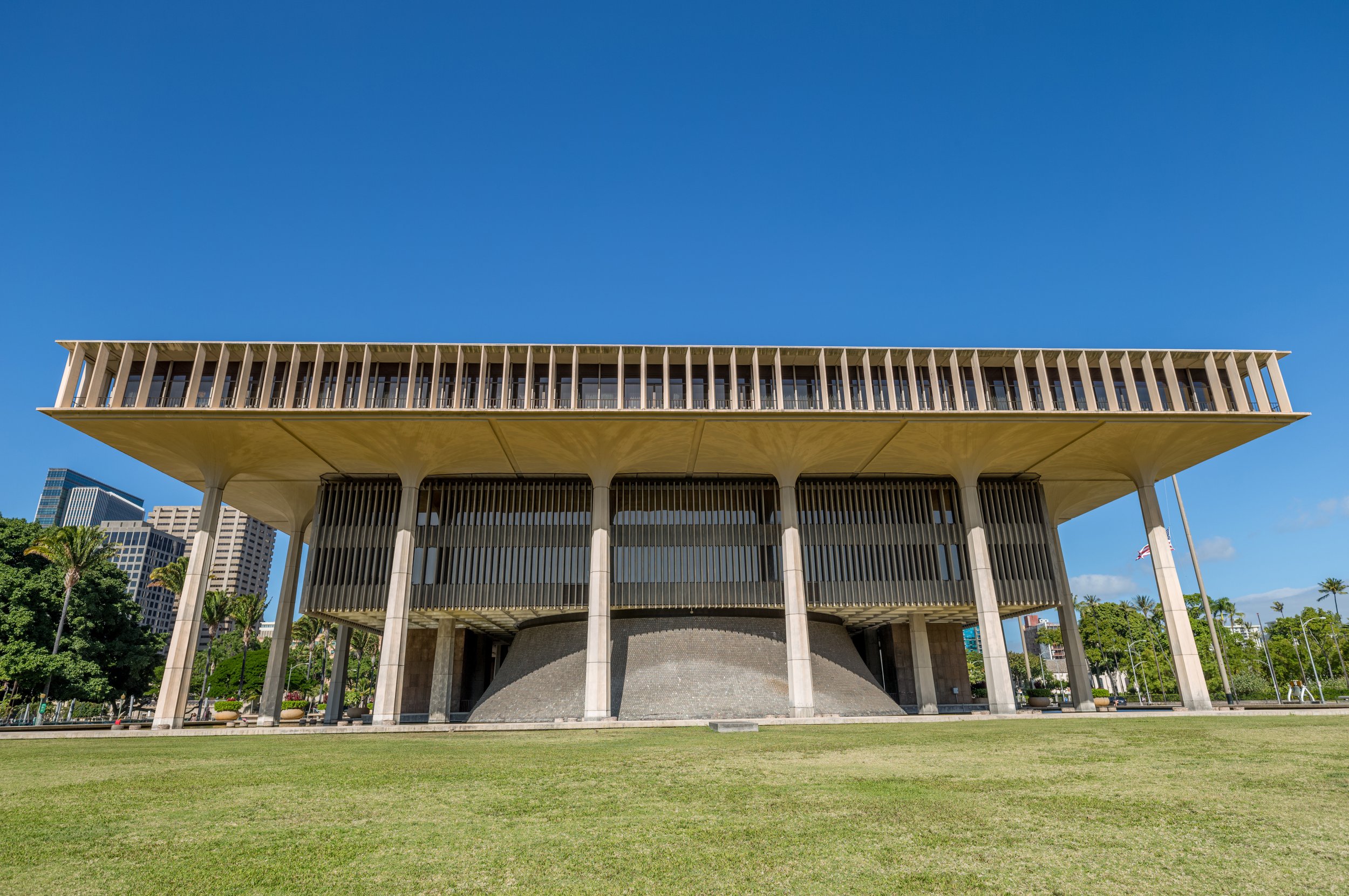
Scrutinize pause of tax cuts for all
Freezing progression of at least some of the state’s planned tax cuts is the clearest, cleanest path to preserving financial balance—at least until the effect of federal spending cuts is fully determined.

New online tool shows disparities between communities on basic needs
Annalisa Burgos asks Hawaiʻi Appleseed how its Economic Justice Data Dashboard can help focus government spending.

Hawaiʻi Appleseed launches new interactive Economic Justice Data Dashboard
The Economic Justice Data Dashboard provides a clear, visual snapshot of how communities at the state, county and legislative district levels are performing across interconnected areas of economic security.
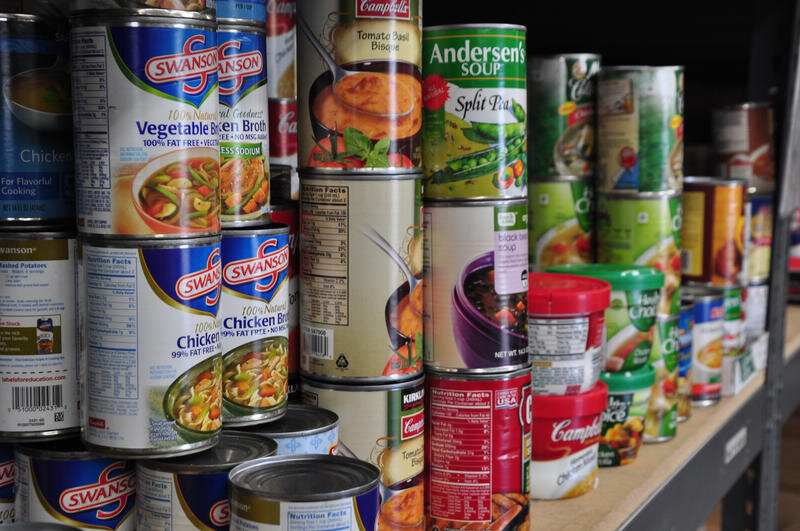
Policy brief calls for expanded county role in addressing food security in Hawaiʻi
A new policy brief from the Hawaiʻi Appleseed Center for Law & Economic Justice urges leaders on the county level to address food insecurity as federal nutrition programs face significant funding cuts.

With hunger growing on Oʻahu, a push to put food security to a vote
The Charter Commission is holding a first hearing today of a proposal to create a food security fund using property tax revenue.

Why does Hawaiʻi have a GET?
The General Excise Tax. We all know it, we all complain about it, especially the way it stacks up in transaction after transaction, raising prices. But there was a time when it didn't exist at all. Here's a look at who created it, when, and, most importantly, why.

Possible recession, federal cuts could have outsize effect on low-income households
A new budget report from the Hawaiʻi Appleseed Center sheds light on the difficulties our state may face in funding critical services as federal dollars dry up and a recession hits.

OHA seeks housing strategy consultant to advance Mana i Mauli Ola goals
These efforts come at a time when small policy wins at the state level are offering renewed hope but require coordinated implementation to benefit Native Hawaiian communities equitably.

Economic prosperity rises from the bottom up
The Hawaiʻi Appleseed Center for Law & Economic Justice looks at the recent legislative session's hits and misses in this Community Voice column for Aloha State Daily.

Honolulu can fine Airbnb, Vrbo for illegal vacation rentals. It never has
Like other tourist destinations, Honolulu passed a law to hold booking platforms accountable for illegal listings. But the city hasn’t cited any company, even as illegal rentals flourish.

Housing: Lawmakers fund more housing, not special treatment for locals
Housing advocates unsuccessfully pushed for bills that would have given cash incentives for deed restrictions that require a property owner to be a resident working in the state.

Bill offering displaced tenants protections dies at legislature
The bill’s supporters said one state Senator was responsible for the outcome

State fund eyed for workforce housing subsidies
House Bill 432 would allow part of the state’s rental housing revolving fund to go toward financing development of apartments for households earning between 60–140 percent of a county’s annual median income.
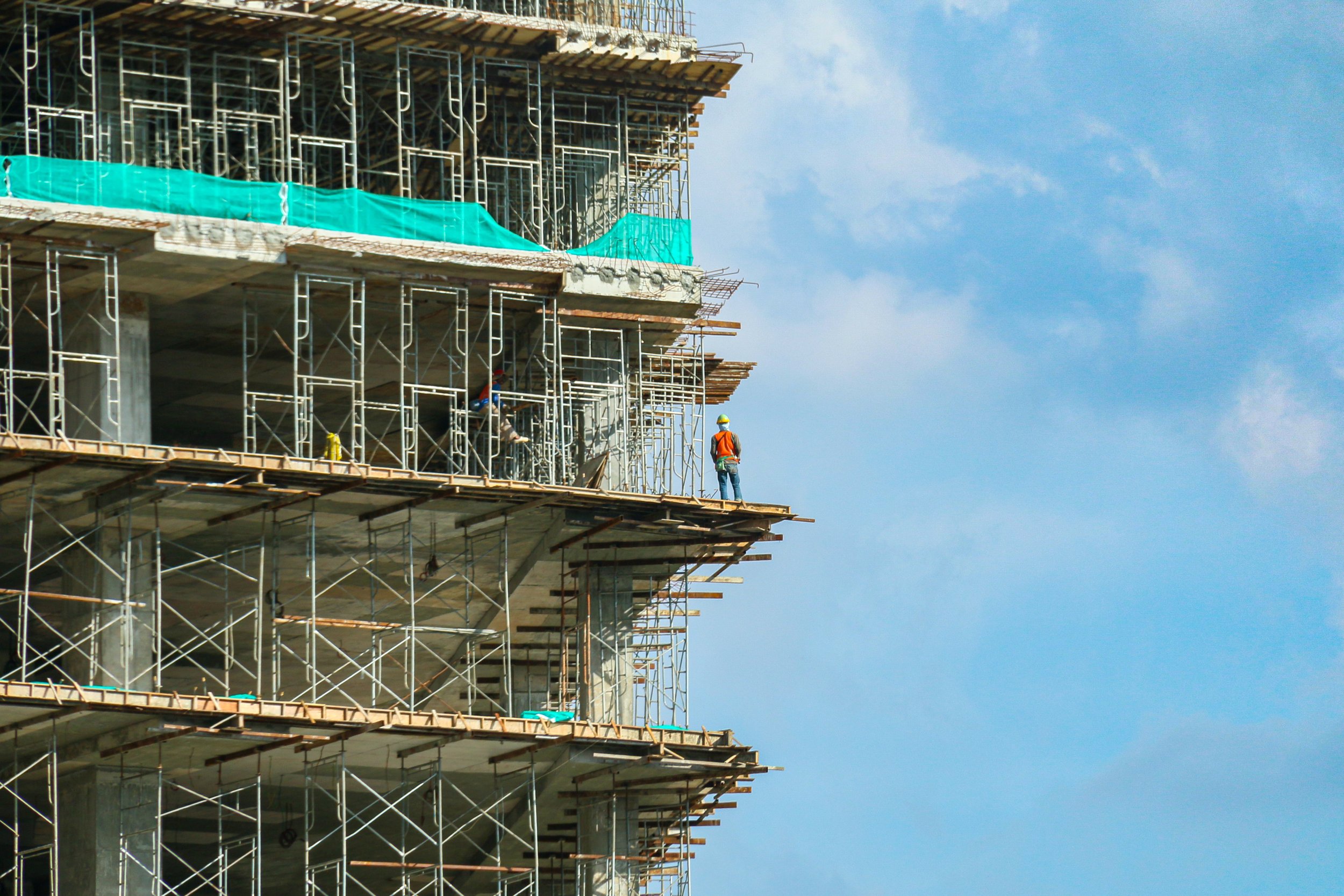
End burdensome school impact fees, put funds to good use
Bringing the overall cost of development down is critical to meet demand, and one way to help is by eliminating costly and ineffective school impact fees.
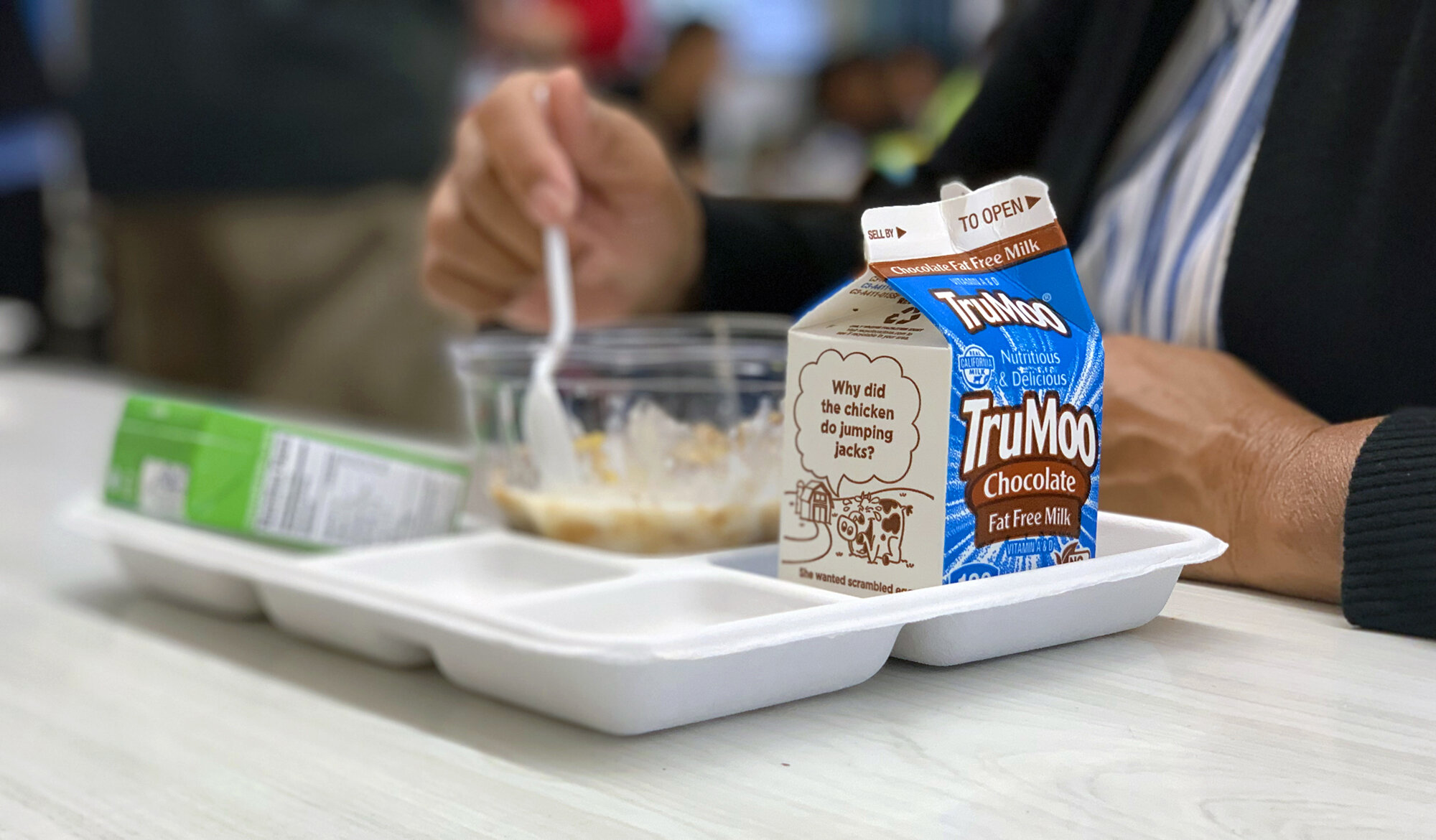
State officials discuss expansion of free school meals
SB1300 would require the state DOE to appropriate funding for meals for students who come from households classified as “asset limited, income restrained, employed,” (ALICE).

Hawaiʻi could raise its capital gains tax to 9%
Lawmakers are considering increasing the capital gains tax from about 7–9 percent.
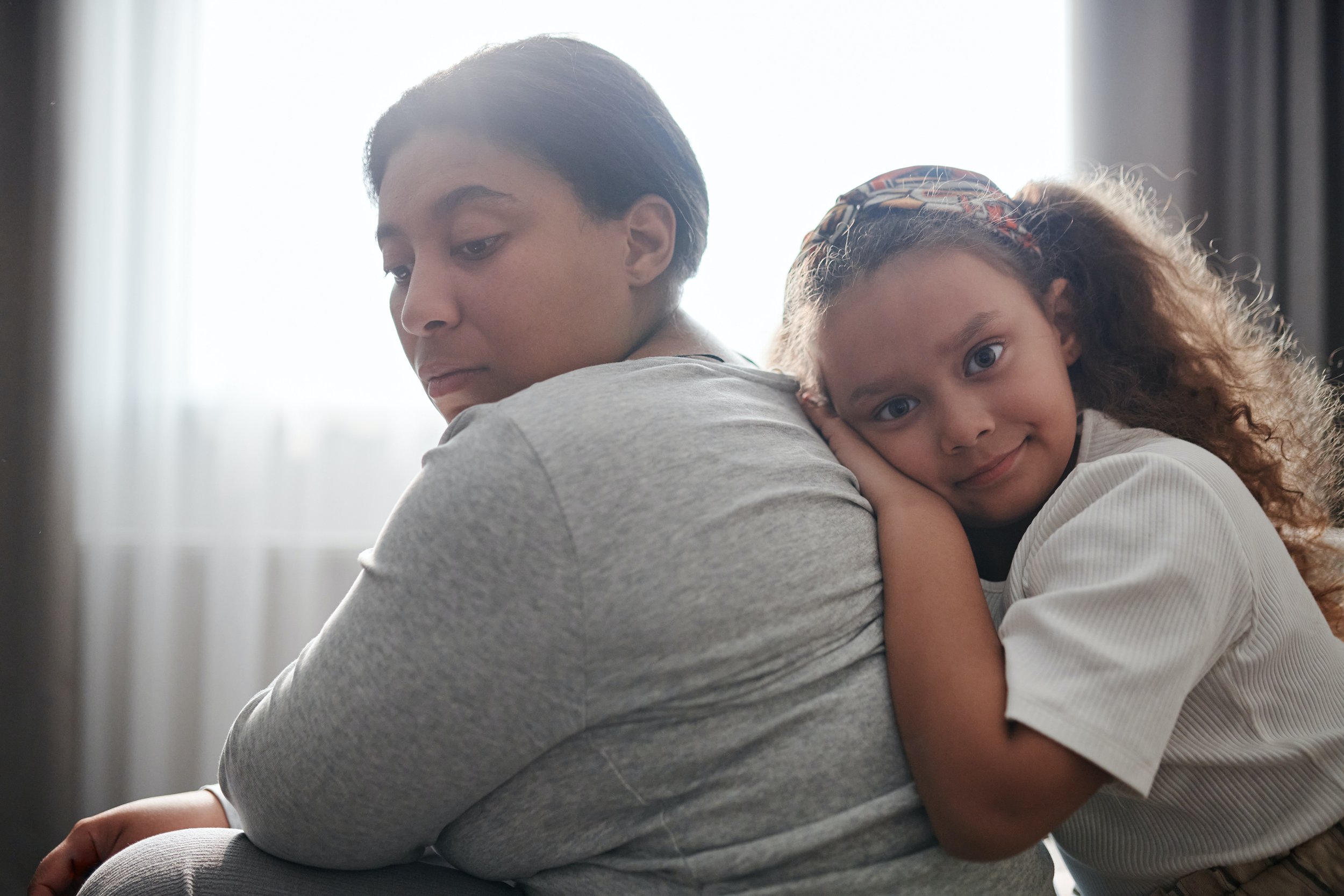
Raise sales tax on costly homes, build more rentals
When hard-working locals—from teachers and nurses to waitresses—are struggling to stay housed, it means we have a serious problem.

Hawaiʻi wants to purchase voluntary deed restrictions to preserve more homes for locals
This new approach would help buffer Hawaiʻi homes from speculation and encourage more locals to actively contribute to addressing the Islands’ housing challenges.

Lawmakers should leverage tax credits to preserve Hawaiʻi’s working class
Almost half of the population cannot pay their bills on time while also saving money for emergencies.
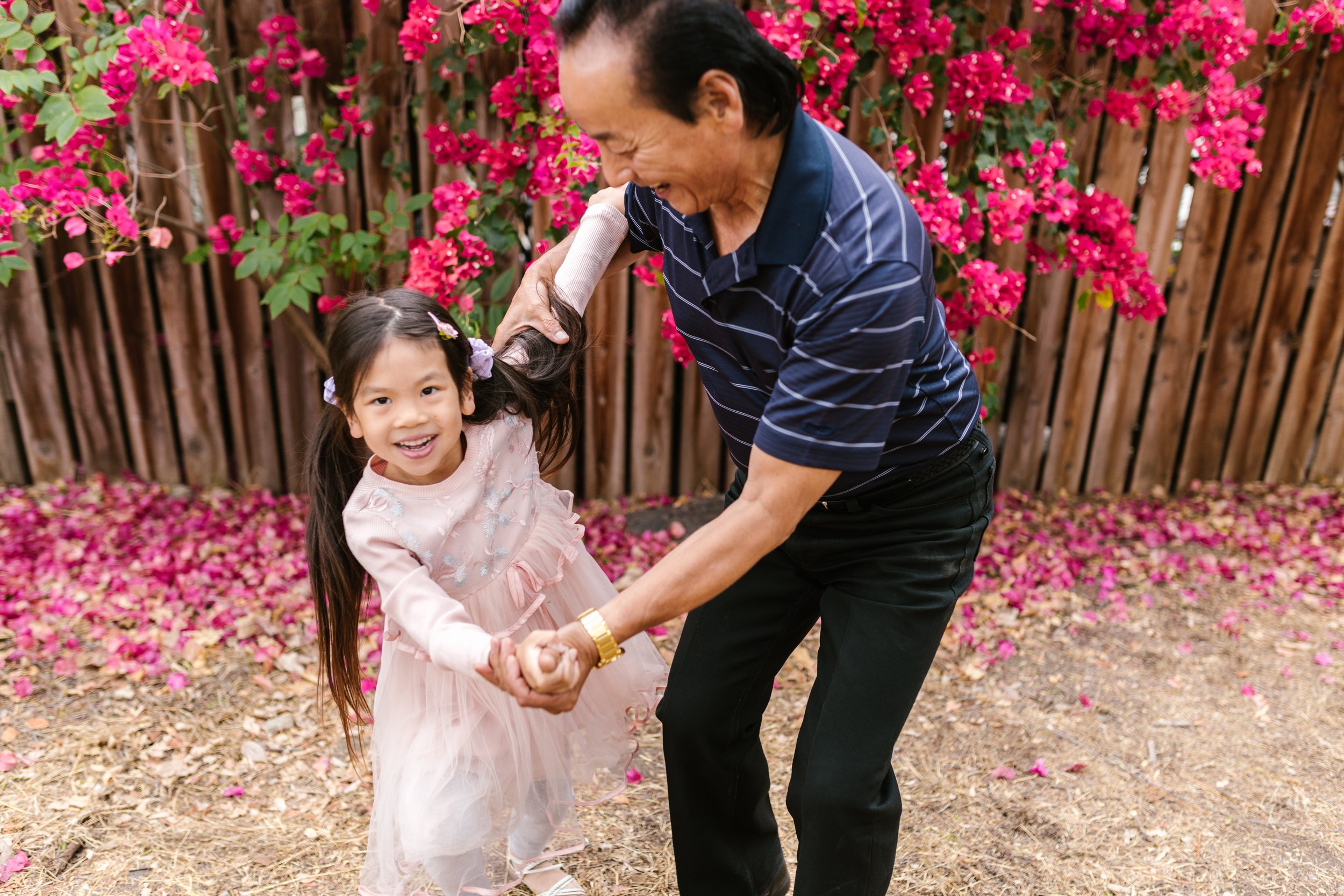
New policy brief proposes targeted tax relief for struggling Hawaiʻi families
As local families continue to leave Hawaiʻi due to the high cost of living, Hawaiʻi Appleseed stresses the urgency for additional legislative action to help those at risk of homelessness.
